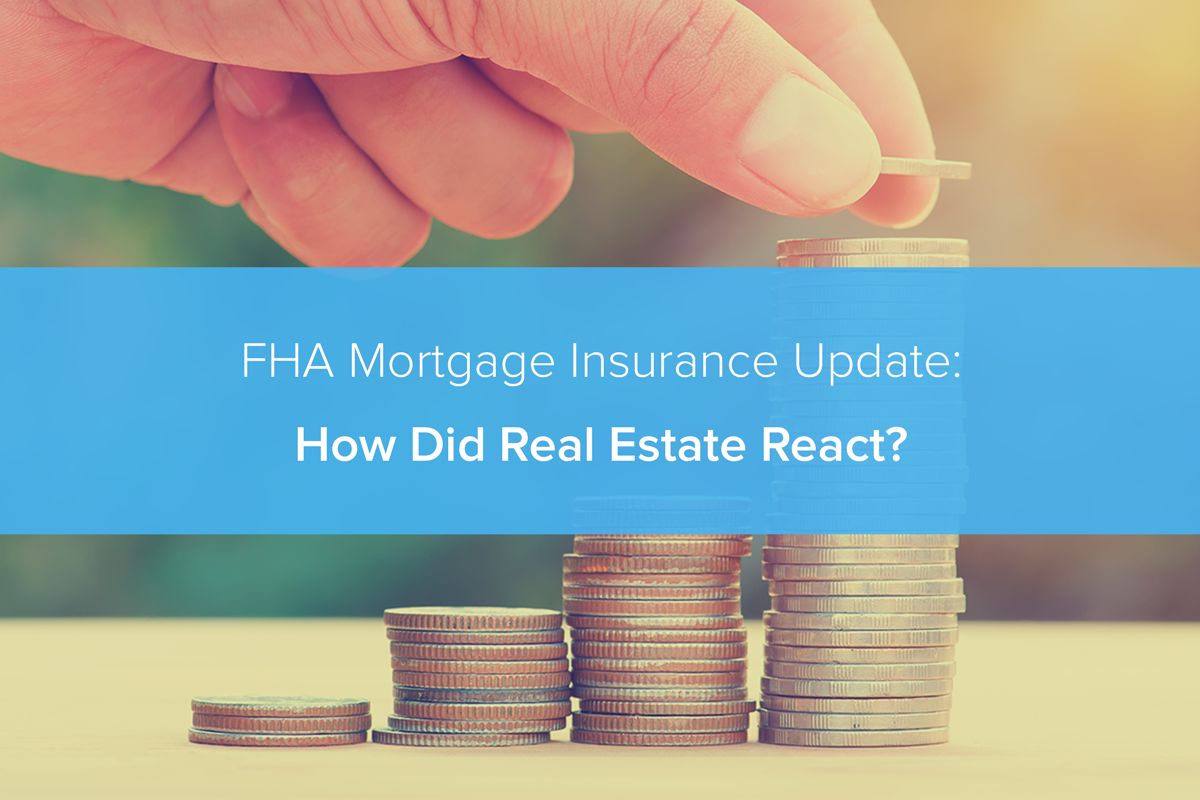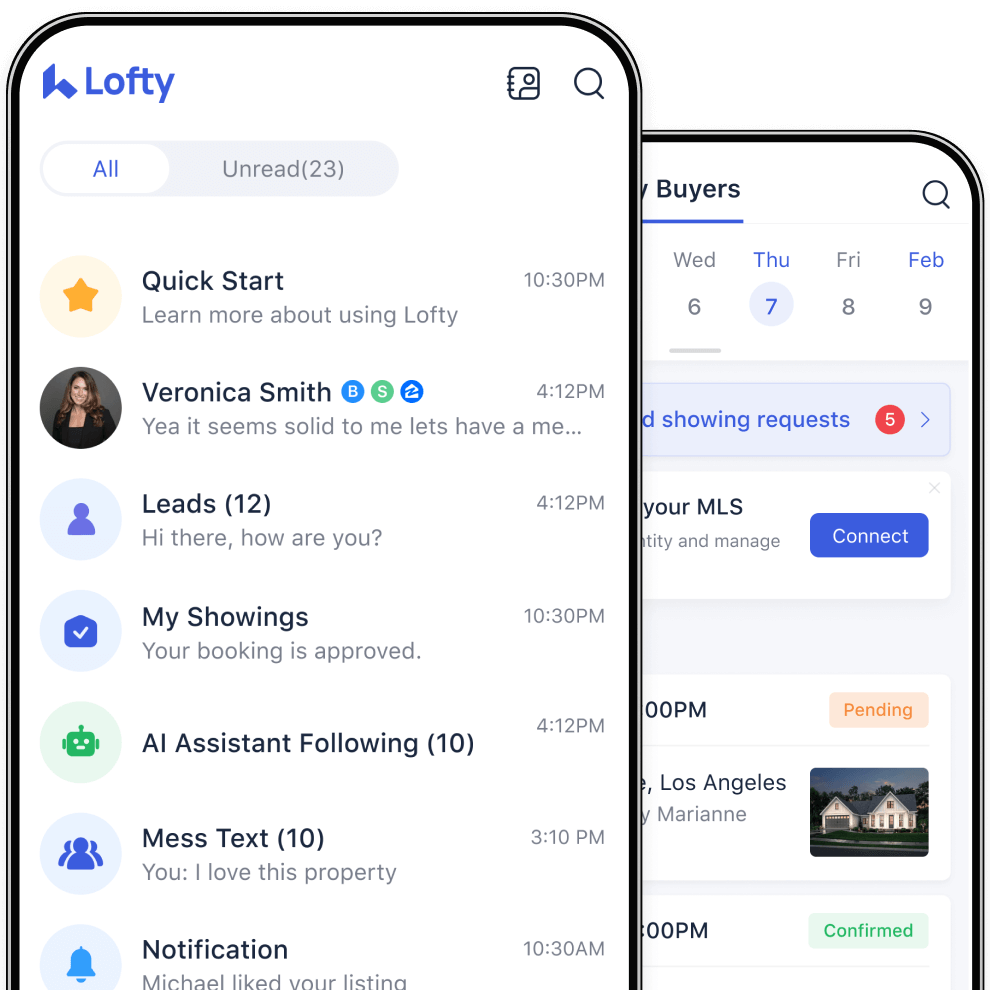FHA Mortgage Insurance Update: How Did Real Estate React?

By now, state and national Realtors groups are aware that within hours of taking office, President Trump halted a reduction in mortgage insurance premiums. The reduction, approved by the outgoing Obama administration, would have decreased the insurance premiums by 25 basis points, from 0.85 percent to 0.6 percent.
Without delay, Realtor associations exhorted President Trump to reconsider the move. The Realtor associations stated, “Roughly 750,000 to 850,000 home buyers will face higher costs and 30,000 to 40,000 new home buyers will be left on the sidelines in 2017 without the cut.” The statement was issued by William E. Brown, President of the National Association of Realtors.
While some in the industry agree with President Trump’s move to halt the reduction, others assert that the halt will increase the cost of home loans for many potential buyers. Two groups impacted by the executive order are millennials and mature, established home owners. Approximately 40% of prospective millennial home owners utilize FHA loans to make ownership possible. According to information published by Ellie Mae, FHA loans account for 38% of loans obtained by millennials.
“As expected, we are seeing a significantly higher number of Millennials leveraging FHA loans compared to other populations,” said Joe Tyrrell, Executive Vice President of Corporate Strategy at Ellie Mae. “While our Origination Insight Report data, which tracks borrowers of every age, shows that 23 percent of closed loans were FHA loans, the Millennial Tracker shows that 38 percent of closed loans are FHA loans. Additionally, while the average FICO on all closed Millennial loans was 721, the average primary FICO for FHA loans was 690.”
Deprived of access to the FHA mortgage insurance program, Millennials considering the purchase of an $185,000 home would be required to come up with 20% of the purchase price, or $37,000. However, access to the insurance program makes it possible for Millennials to purchase the same home with a down payment of only 3%.
By the same token, established home owners wanting to sell their current homes and move up are hindered by the same factor. Without the FHA program moving up may remain just out of reach, especially if home prices continue to rise. New home prices increased 7% during December 2016, year over year. Higher prices, along with rate hikes are making it harder and harder for home owners to move up. The greatest impact will be felt in California, where, if the premium cut had been implemented, would have banked $860 annually. And in certain areas of California, like Santa Clara, the premium reduction would have produced savings of $1,448 per year.
“Home buyers in California, who would have saved an average of $860 a year, will be negatively impacted more than any other state by the decision to not reduce the FHA premium,” California of Realtors Association President Geoff McIntosh said in a statement.
In a healthy economy, economists and realtors believe that first-time buyers should account for 40% of home sales. During 2016, the percentage of first-time buyers dropped to 32%. Halting the reduction in insurance premiums could possibly drive that number even lower in 2017. Lowering insurance premiums on FHA loans would stimulate home sales, making it easier for Americans to achieve their dream of home ownership.
Senate Minority Leader Chuck Schumer told CNN, “What a terrible thing to do to American homeowners. President Trump, with the flick of a pen, ended that new policy, making it harder for Americans of modest means to obtain their piece of the rock, the American dream – home ownership.”
